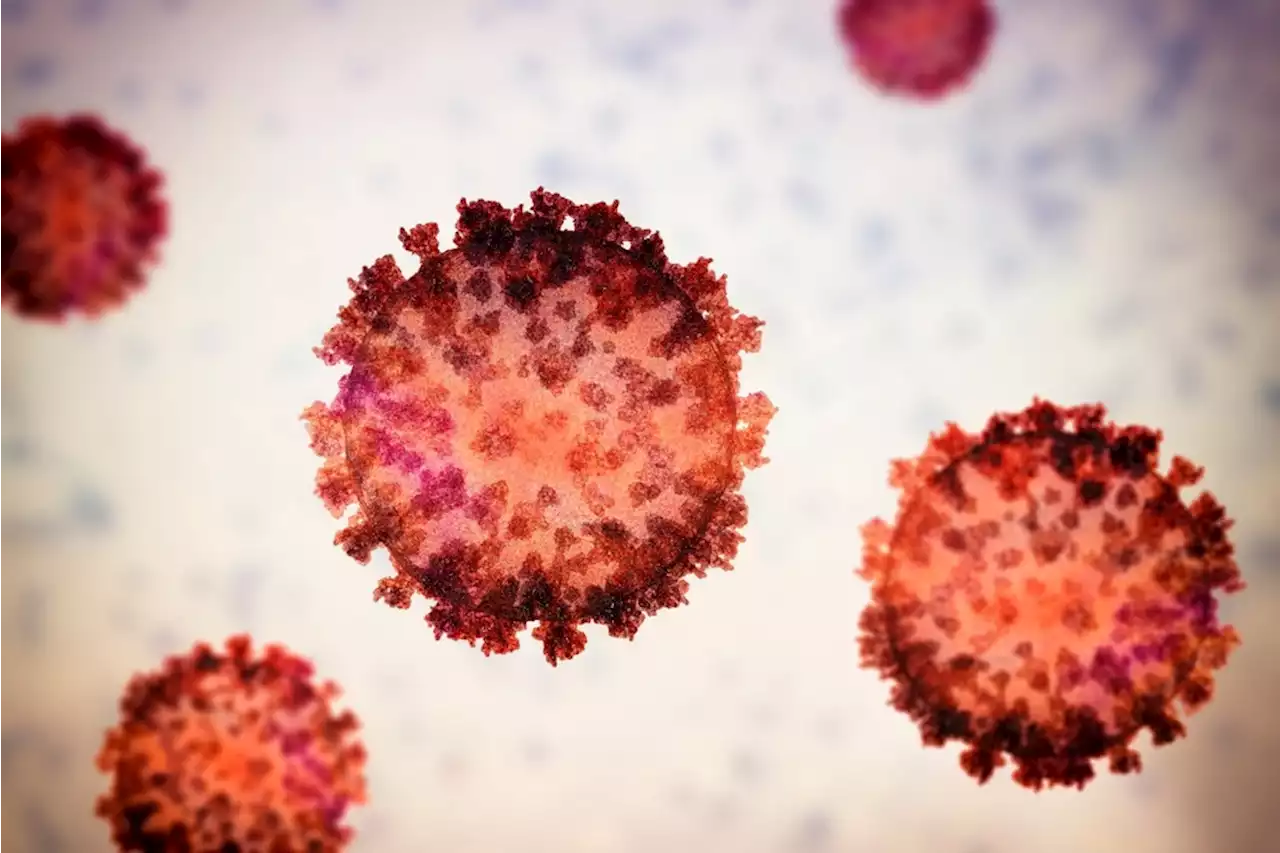Computational modeling sheds light on humancognition and the origins of brain disorders ScienceAdvances
Researchers from the National Institutes of Health used computational modeling to uncover mutations in the human genome that likely influenced the evolution of human cognition. This groundbreaking research in human genomics could lead to a better understanding of human health and the discovery of novel treatments for complex brain disorders. The study is published inHuman cognition is a defining feature of human evolution, setting us apart from other primates.
model of gene regulation in the human brain. The model identified thousands of mutations likely impacting neocortical development and facilitating the acquisition of mathematical abilities through altered brain gene regulation mechanisms.was sequenced in 2001, researchers learned that only 2% of the sequence of our genome is used for coding genes that, in turn, translate into proteins. This is the sequence information that is being used by every single cell.
The research group of Ivan Ovcharenko, Ph.D., senior investigator in the Computational Biology Branch of NLM's Intramural Research Program teamed up with the research group of Sridhar Hannenhalli, Ph.D., senior investigator in NCI's Center for Cancer Research to create an AI model that measures the effect of noncoding genome mutations on human brain function and development.
"There are treasure islands within the sea of noncoding DNA in the human genome that are critically important for regulating human genes," said Dr. Ovcharenko."Mutations in these regions are largely benign, but there is a class of mutations which detrimentally impact the function of regulatory regions in the brain and affect cellular activity there.
According to study authors, this fundamental work in human genomics is likely to have a long-ranging impact on
France Dernières Nouvelles, France Actualités
Similar News:Vous pouvez également lire des articles d'actualité similaires à celui-ci que nous avons collectés auprès d'autres sources d'information.
 Researchers reveal 'significant' findings about dinosaurs which roamed south of England 125 million years agoScientists from the University of Southampton reconstructed the brains and inner ears of two spinosaurs to better understand their evolution.
Researchers reveal 'significant' findings about dinosaurs which roamed south of England 125 million years agoScientists from the University of Southampton reconstructed the brains and inner ears of two spinosaurs to better understand their evolution.
Lire la suite »
 Omicron variant of SARS-CoV-2 is less infectious in dogs and catsOmicron variant of SARS-CoV-2 is less infectious in dogs and cats Coronavirus Disease COVID Omicron Cats Dogs Feline Canine biorxivpreprint Loeffler_News
Omicron variant of SARS-CoV-2 is less infectious in dogs and catsOmicron variant of SARS-CoV-2 is less infectious in dogs and cats Coronavirus Disease COVID Omicron Cats Dogs Feline Canine biorxivpreprint Loeffler_News
Lire la suite »
 Could advanced chatbots cause chaos on social media?Researchers warn that AI could flood social media with harmful and misleading content.
Could advanced chatbots cause chaos on social media?Researchers warn that AI could flood social media with harmful and misleading content.
Lire la suite »
 The association between cannabis use and sleep complaints in University studentsThe association between cannabis use and sleep complaints in University students univbordeaux CHUBordeaux univ_paris_cite cannabis sleep student health insomnia
The association between cannabis use and sleep complaints in University studentsThe association between cannabis use and sleep complaints in University students univbordeaux CHUBordeaux univ_paris_cite cannabis sleep student health insomnia
Lire la suite »
 Nutritional intelligence: do we have an inbuilt capacity to recognize differences in food composition?Nutritional intelligence: do we have an inbuilt capacity to recognize differences in food composition? BristolUni Yale nutrition food diet dietary behavior
Nutritional intelligence: do we have an inbuilt capacity to recognize differences in food composition?Nutritional intelligence: do we have an inbuilt capacity to recognize differences in food composition? BristolUni Yale nutrition food diet dietary behavior
Lire la suite »
 New insights into the role of T-cells during long COVIDNew insights into the role of T-cells during long COVID Coronavirus Disease COVID TCell biorxivpreprint UCSF uni_ulm
New insights into the role of T-cells during long COVIDNew insights into the role of T-cells during long COVID Coronavirus Disease COVID TCell biorxivpreprint UCSF uni_ulm
Lire la suite »
